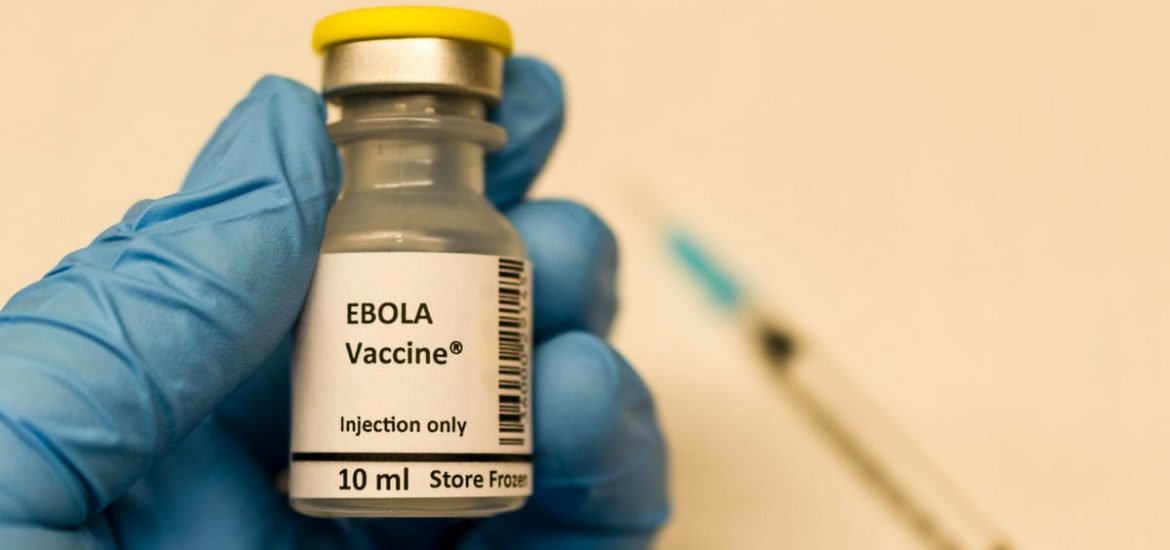
A group of experts from Johns Hopkins University, Ruth Faden, Ruth Karron, and Carleigh Krubiner, have put together an opinion piece, published on August 27 in STAT, outlining why they believe a mistake being made by the World Health Organisation (WHO) and the Democratic Republic of Congo (DRC)’s health ministry in withholding the Ebola vaccination from pregnant and lactating women. This particular demographic has a fatality rate of 80 percent or higher upon contracting the Ebola virus and almost all survivors miscarry.
In this most recent Ebola outbreak in DRC, 111 cases have been recorded since 1 August and 72 of those infected are now dead. The outbreak has been worsened by the fact that the North Kivu Province ― the site of the recent epidemic ― is at the mercy of an ongoing armed conflict. More than 100 armed groups operate in the area . This situation has made it difficult to provide appropriate medical treatment, therefore, this newest Ebola outbreak may result in even more deaths.
An experimental vaccine ― rVSV-ZEBOV ― has been shown to be highly effective against the particular strain of the Ebola virus that the North Kivu region is afflicted with. In an attempt to halt the disease, the WHO and DRC have begun a ring vaccination strategy and since last week, have been offering the vaccine to anyone that has been in contact with an Ebola victim, as well as the contacts-of-contacts. However, pregnant and lactating women have been excluded from the treatment, which is referred to in the report as “wrong, indefensible, and should be reversed.”
A previous study published in 2017 reported that no harm was inflicted on pregnant women who received the Ebola vaccine unintentionally (1). Moreover, advocates for administering the vaccine to pregnant women assert that under the given circumstances, the potential benefits of giving the vaccine far outweigh the potential harm, owing to the extremely high mortality rates this group is currently facing. So why the need for such stringent restrictions?
In general, giving pregnant and lactating women any drug or vaccine that hasn’t been tested in this population is treated with caution. The Ebola vaccine is made from a live livestock virus ― vesicular stomatitis virus ― that has been modified to contain a protein from the Ebola virus that teaches the immune system to recognize and fight Ebola. While the vesicular stomatitis virus does not cause disease in humans, the fear is that this type of virus may cause aches or fever, or even soreness at the injection site, and could potentially harm the foetus, although there is currently no evidence of this.
The Ebola virus is deadly for pregnant women and their fetuses, thus, there is a higher risk associated with not vaccinating pregnant women exposed to the virus. The experts who wrote the opinion piece are part of a project called PREVENT (Pregnancy Research Ethics for Vaccines, Epidemics, and New Technologies) and quite eloquently argue that “pregnant women are still largely absent from clinical trials, resulting in a paucity of information about whether new drugs and vaccines are safe for them. The goal may be to protect these women and the fetuses they carry, but that impulse to protect harms them as a consequence.”
(1) Gomes, M.F. et al. Protected to death: systematic exclusion of pregnant women from Ebola virus disease trials. Reproductive Health (2017). DOI: 10.1186/s12978-017-0430-2
Image source: Getty Images